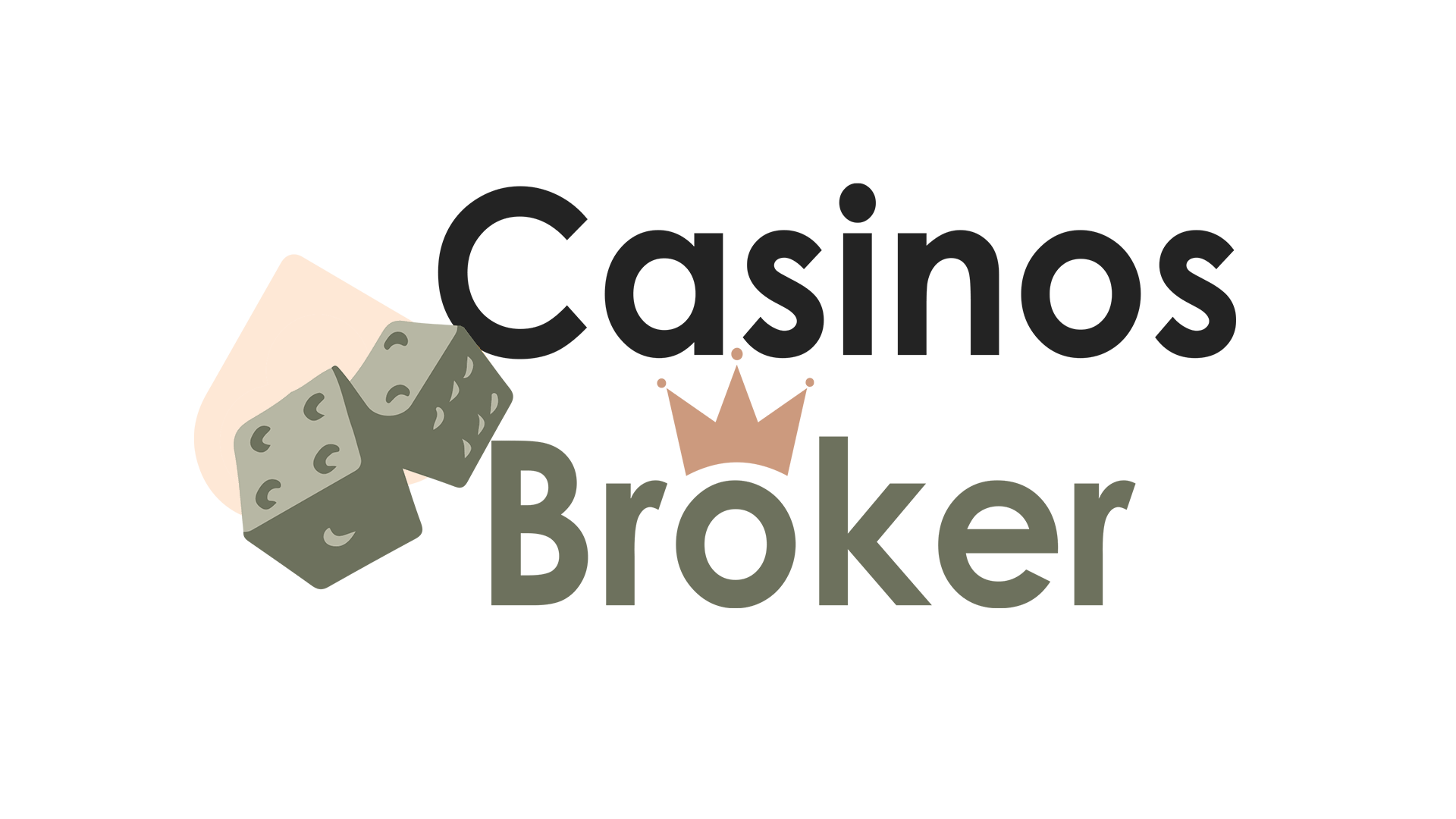What Happens to Debt when Selling a Business?
Understanding the fate of debt in a business sale is pivotal. While debt absorption can be a part of the sale in some cases, this isn’t the prevailing scenario.
The destiny of debt hinges on the structuring of the transaction, typically falling into one of two categories: a stock sale or an asset sale.
For businesses with a sale value under $10 million, asset sales are the norm. Here, specific assets and liabilities are meticulously transferred individually from buyer to seller upon closing, meticulously documented via a bill of sale. Conversely, in a stock sale, the buyer acquires shares or membership interests, consequently assuming all the business’s assets and liabilities.
In the forthcoming article, we delve into the distinctions between stock and asset sales, shedding light on the multifaceted approaches to handling debt during the closing process.
Stock Sale
A stock sale involves the buyer acquiring the stock (or membership interests for an LLC) of the seller’s entity (Corporation, LLC, etc.), effectively taking on everything the entity possesses and owes, including its assets and liabilities. It’s worth noting that only a minority, estimated at less than 5%, of businesses selling for under $10 million opt for stock sales.
Buyers might opt for this approach if they wish to inherit specific entity-owned assets that can’t be transferred in an asset sale, such as leases or contracts.
For instance, certain contracts are tied to a specific corporation, LLC, or entity. Structuring the transaction as a stock sale ensures that these contracts seamlessly transition to the new owner, assuming the contract doesn’t stipulate that a “change in control” necessitates consent or assignment.
When structuring a stock sale, it’s essential to define the assets being purchased and the liabilities being assumed. At the closing, the seller transfers the stock certificates to the buyer, granting them ownership of the entity and, consequently, indirect ownership of all its assets and liabilities.
There are three exceptions where liabilities (i.e., debt) remain the seller’s responsibility after the closing in a stock sale:
- When the liabilities are personally held by the seller as an individual, unless they are separately transferred.
- When the buyer insists that the seller settles all debt at closing.
- When the seller agrees to bear the debt post-closing, even if the entity is legally responsible (e.g., in a lawsuit).
Asset Sale
In an asset sale, the transfer of specific assets and liabilities is meticulously executed, with both parties, the buyer and seller, actively selecting which assets and liabilities are included in the sale. Typically, asset sales encompass all the necessary assets to keep the business running smoothly while excluding associated liabilities.
To facilitate the sale, the buyer often establishes a new entity, like a corporation or LLC, which then acquires the assets of the selling corporation.
Here are some assets that may be part of the purchase price:
- Inventory: Salable inventory is usually acquired in its entirety, but in asset-intensive businesses, it’s often calculated separately from the purchase price.
- Working capital: Even in asset sales, larger transactions often encompass working capital.
- Accounts receivable: However, most transactions tend not to include accounts receivable.
Asset sales are more complex compared to stock sales because each individual asset and liability is involved in the transaction. However, this complexity typically applies to larger transactions.
Conversely, in a stock sale, transferring ownership is remarkably straightforward. Signing over the stock certificates handles it all, with other assets automatically shifting unless they’re owned by the seller individually.
Exceptions to When Debt is Paid at Closing
There are a couple of instances when debt may be settled at closing.
Exception #1 — Leased Equipment
In the case of equipment leased by an individual, the transfer of that lease or asset would need to be handled separately, irrespective of whether the transaction is structured as an asset sale or a stock sale.
Exception #2 — Successor Liability
Potential successor liability is a critical consideration when purchasing a business, as it entails the buyer assuming the risk for specific liabilities. Successor liability can arise from state laws, allowing creditors to pursue the buyer for certain obligations, even if the sale is structured as an asset sale and the buyer hasn’t explicitly agreed to take on those liabilities.
This issue is most prominent in areas like product liability, environmental regulations, employment law, and specific tax payments such as sales tax. It’s essential to note that successor liability is determined by state law, and these laws can vary significantly from one state to another.
Furthermore, in states where bulk sale laws are still in effect, such as California, there’s a possibility of facing claims from creditors. Consequently, regardless of the transaction structure, it’s crucial for the buyer to conduct thorough due diligence to mitigate the risk of successor liability.
Buyers should also consider using an escrow company in certain states, like California, and include representations and warranties in the purchase agreement that compel the seller to indemnify the buyer in case of successor liability. In many middle-market acquisitions, a portion of the purchase price is held back for a specified period post-closing to safeguard the buyer against potential losses stemming from successor liability.
Options for Handling Debt at the Closing
Handling debt at the closing of a business sale offers three viable options:
- Seller’s Debt Payment: The seller may choose to clear the debt using available cash before the closing.
- Buyer’s Assumption: Alternatively, the buyer can opt to assume the debt as part of the transaction.
- Escrow Payment: Another option is to use escrow services to settle the debt at the closing. For instance, if the business is sold for $10 million, and there’s a $2 million debt, the escrow will deduct the $2 million from the closing proceeds. The seller will then receive the remaining $8 million at the closing.


